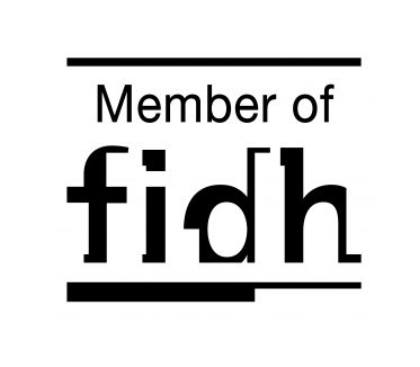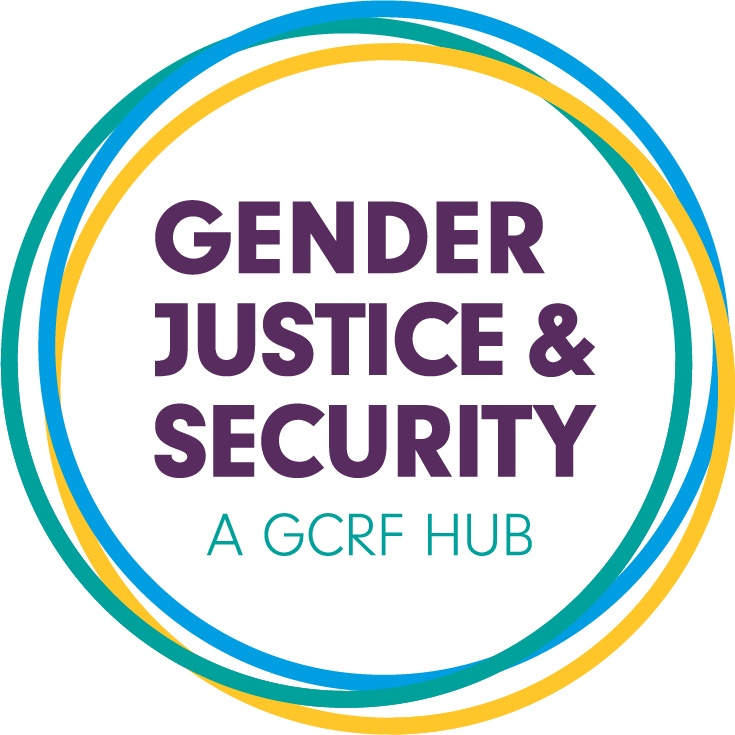Our work
International Solidarity
CAJ's international connections
Because CAJ is based in Belfast, our first priority is rights and equality in Northern Ireland and on the island of Ireland. However, we believe we have a duty to maintain international links with organisations across the globe that are working to advance rights and equality. Northern Ireland has benefitted enormously from the support of the international community in the past and this support remains vitally important today as we seek to protect our peace process. In return, we have a responsibility to share learning from our own conflict and the peace process with others who may benefit from this knowledge.
CAJ is a full member of FIDH (International Federation of Human Rights – Fédération internationale pour les droits humains). FIDH is an international human rights federation comprised of 192 organisations from 117 countries. Since 1922, FIDH has defended the civil, political, economic, social, and cultural rights as set out in the Universal Declaration of Human Rights (UDHR). FIDH acts at national, regional, and international levels in support of its member and partner organisations to address human rights abuses and consolidate democratic processes. Its work is directed at states and those in power, such as armed opposition groups and multinational corporations. CAJ participates in the FIDH Congress and in joint initiatives and statements on issues worldwide.

CAJ is currently member of the GCRF Gender, Justice and Security Hub, collaborating with Ulster University’s Transitional Justice Institute (TJI) on a research project looking at social and economic rights and transition. This hub is coordinated by the London School of Economics (LSE) and comprised of members from across the globe, most of which are NGOs or academic institutions working in countries and regions impacted by violent conflict. CAJ has already attended two international hub conventions on the back of this work, with more events likely to follow. The hub is currently in year three of a five year programme.

Before the pandemic, people from all over the world came to Northern Ireland to discuss our experience of conflict and peacebuilding – including the particular role human rights have played in the peace process. CAJ met with delegations from many different countries and helped organise international events. This activity has reduced as a result of the pandemic, but we have maintained international contact online. We hope to reinvigorate this work as international travel returns to normal levels. If you are interested on setting up a visit with CAJ, please email info@caj.org.uk.
